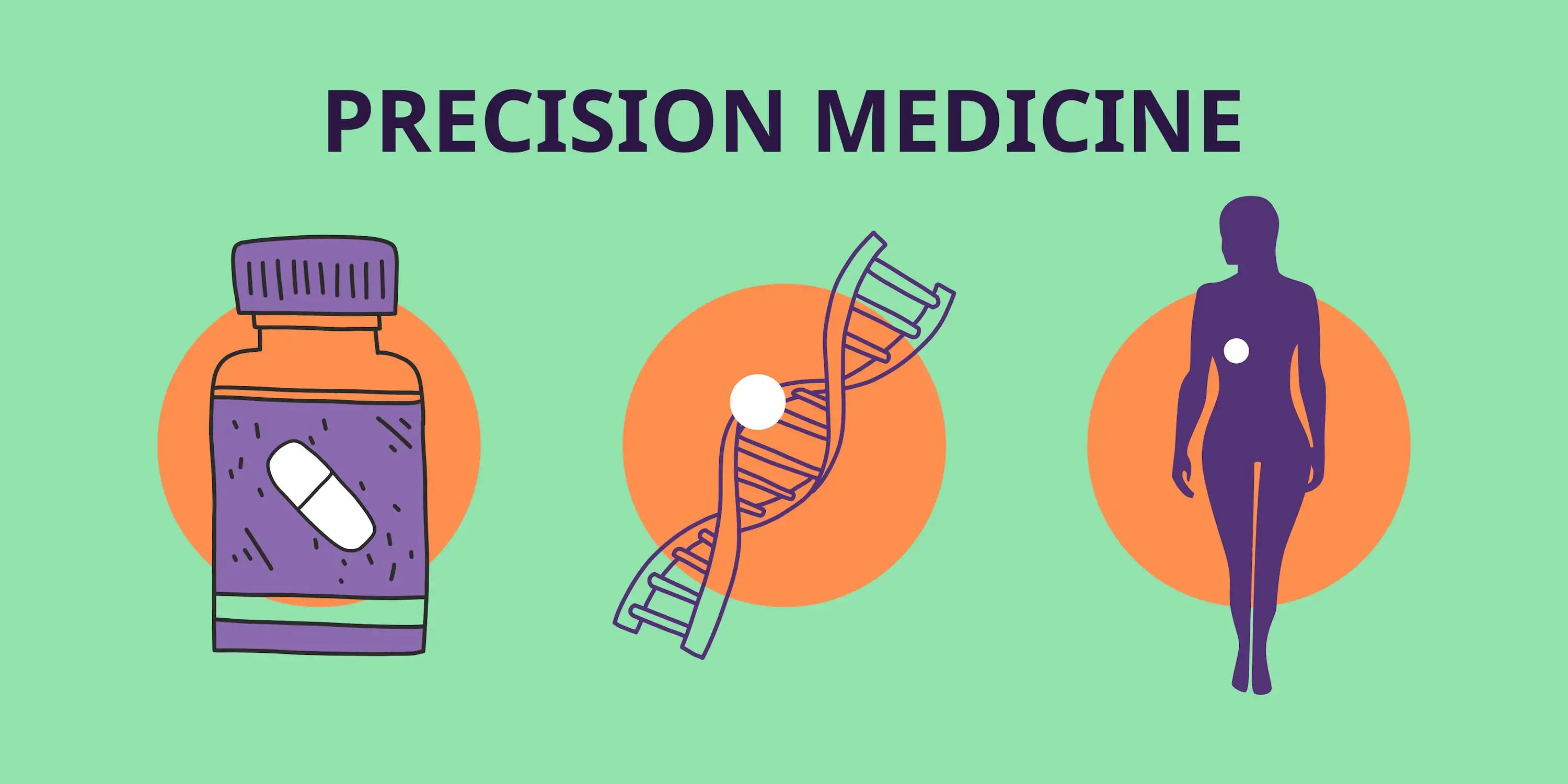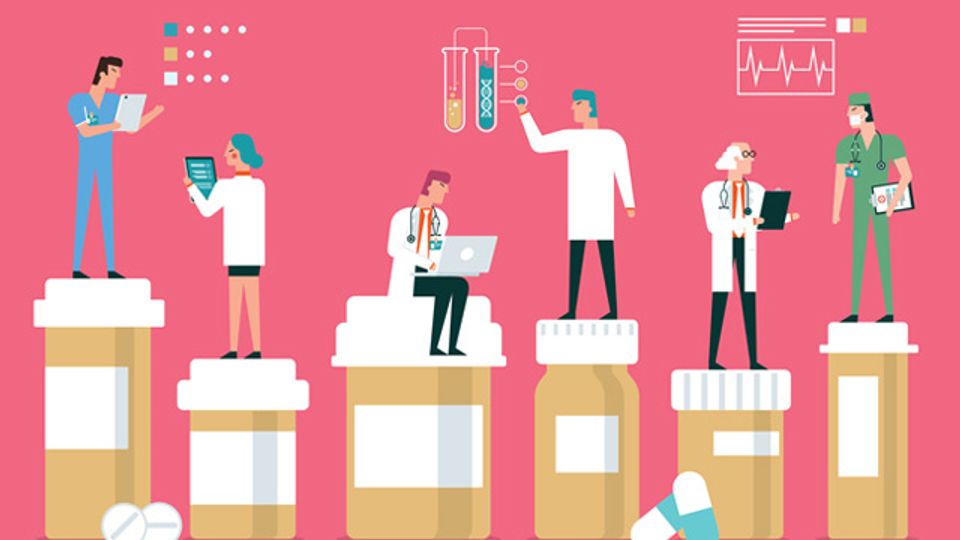In the not-so-distant past, medical treatments followed a one-size-fits-all approach. Patients with similar conditions often received similar medications and therapies, assuming that what worked for one would work for another. However, the landscape of healthcare is rapidly evolving, and with it comes a revolutionary approach known as personalized medicine. This innovative paradigm shift marks a new era in healthcare, one where treatments are uniquely tailored to the individual needs of each patient, ushering in the age of personalized medicine.
Understanding Personalized Medicine:
Personalized medicine, also known as precision medicine, is a medical approach that customizes healthcare decisions and medical practices to each patient’s unique genetic makeup, lifestyle, and environmental factors. It recognizes that every individual is genetically distinct, and as a result, their responses to diseases and treatments can vary significantly. By understanding these genetic and molecular differences, healthcare providers can develop targeted interventions that are more effective, safer, and often with fewer side effects.
Genomic Advancements:
Advancements in genomic research have been pivotal in the rise of personalized medicine. The mapping of the human genome has provided scientists with an intricate understanding of genetic variations and their associations with diseases. With the ability to analyze an individual’s genetic code, healthcare professionals can identify specific genetic mutations or markers that might predispose a person to certain diseases or conditions. This information enables them to prescribe treatments that are precisely suited to the patient’s genetic profile, maximizing the therapeutic benefits.

Tailoring Cancer Treatments:
One of the most significant achievements of personalized medicine has been in the field of oncology. Traditionally, cancer treatments like chemotherapy and radiation were broadly applied, leading to severe side effects in many patients. However, personalized medicine has allowed oncologists to analyze the genetic makeup of a tumor, identifying specific mutations that drive its growth. Targeted therapies can then be administered, attacking the cancer cells while sparing healthy ones. This not only increases the effectiveness of the treatment but also enhances the patient’s quality of life during therapy.
Individualized Drug Therapies:
Personalized medicine has also revolutionized drug therapies. Medications can now be tailored based on an individual’s genetic responses, ensuring optimal efficacy and minimal adverse reactions. Pharmacogenomics, a branch of personalized medicine, studies how an individual’s genes affect their response to drugs. By understanding these genetic variations, doctors can prescribe medications that are more likely to work well for the patient, avoiding the trial-and-error process often associated with finding the right treatment.
The Future of Healthcare:
The rise of personalized medicine holds the promise of a future where medical treatments are not just reactive but proactive and preventive. By identifying genetic predispositions to diseases, healthcare providers can work with patients on preventive strategies, lifestyle modifications, and early interventions, potentially averting the onset of diseases altogether.
In conclusion, the rise of personalized medicine represents a paradigm shift in healthcare, transforming it from a generalized approach to a highly individualized and precise science. As research continues to unravel the complexities of our genetic makeup, personalized medicine is poised to become the cornerstone of modern healthcare, offering hope for more effective treatments, reduced side effects, and improved overall patient outcomes. With each advancement in this field, we move closer to a future where healthcare is not just personalized but truly tailored to the unique needs of every individual.

